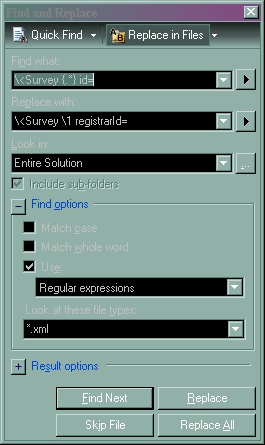
I love a good story. Today's story is about the epic struggle between Sparta and Athens, the superpowers of ancient Greece.
The Spartans were the ultimate military machine and it's enemies never got close to their city. In the ancient world it was said that in 600 years the women of Sparta had never seen the camp fires of their enemies. Just a small detachment of the scarlet-cloaked Spartan warriors sent fear into the heart of other cities.
Sparta fought the Athenians for decades in the terrible Peloponnesian war and Sparta eventually won. Flush with victory, Sparta then installed its own form of government upon Athens and Athens' allies. Sparta even replaced the governments of its own allies with "better" forms of government.
But a funny thing happened. The other Greek city-states didn't appreciate the wisdom of Sparta. One by one they rebelled against the Sparta installed governments in bloody civil wars and reverted to their more traditional forms of governance.
Thinking that Sparta represented freedom from Athenian tyranny, Thebes had been a stanch ally of Sparta during the war. But Thebes, disillusioned with Sparta, formed an alliance of the willing, went to war against Sparta and, to the astonishment of all, won.
Sparta was destroyed oddly enough after becoming the only superpower and forcing its own form of government on others, drawing the hatred of all. I think the Greeks called this attitude "hubris".
Well, that's today's story. Sometimes we learn things from history, but today's story has no relevance for modern times, but it's a good story nonetheless.


